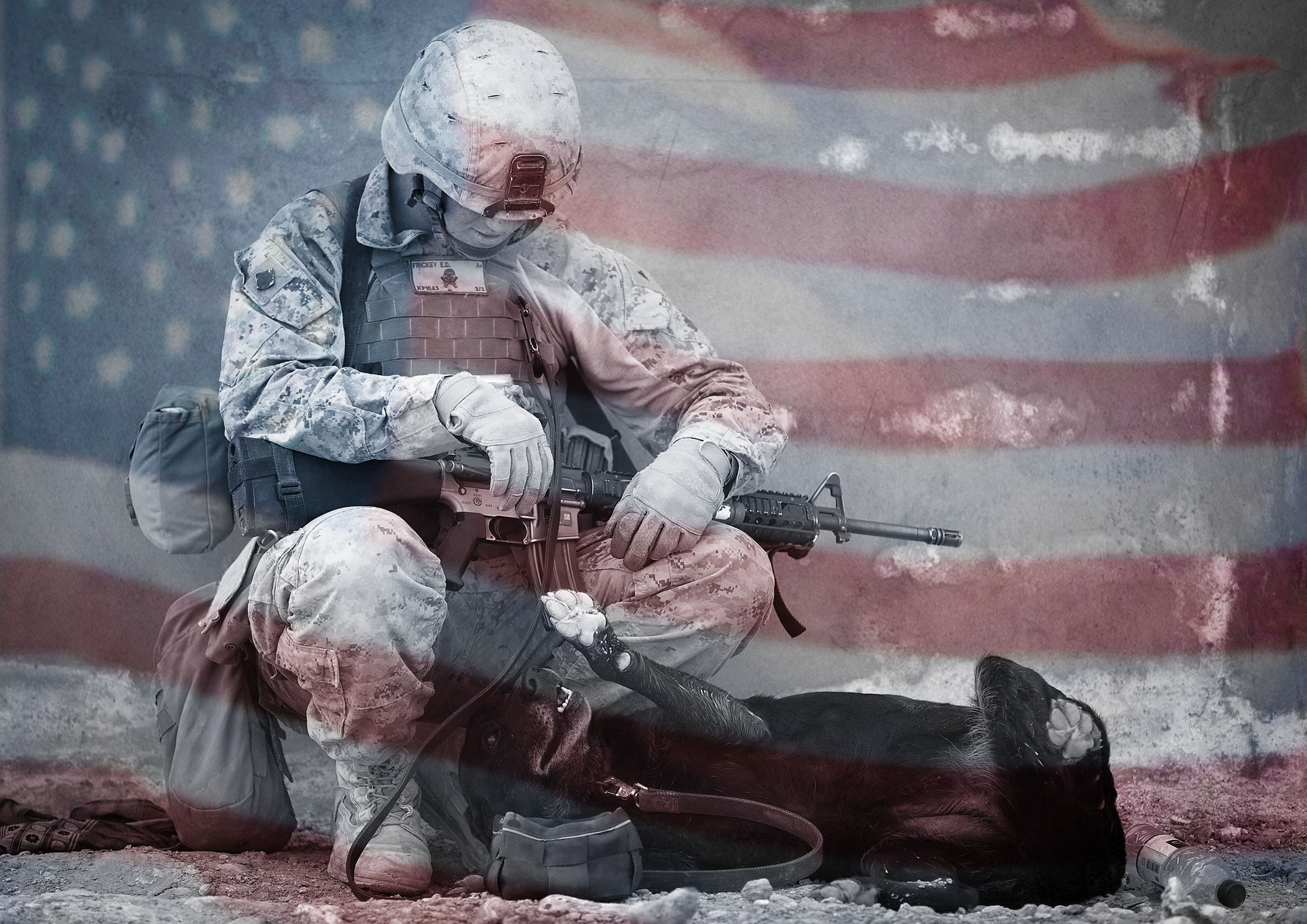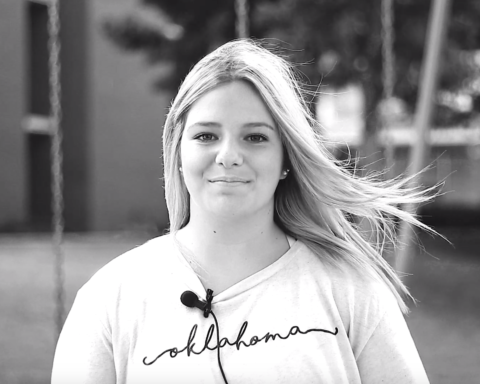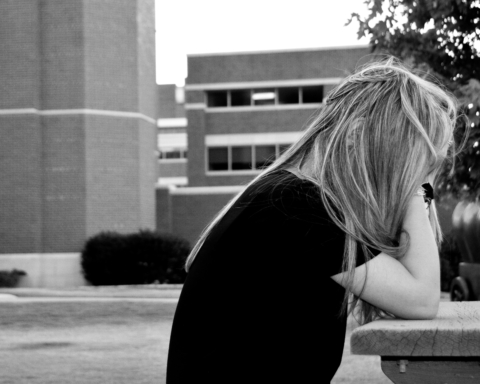Some veterans come out of the military with post-traumatic stress disorder.
For nearly one in four women veterans, a source of PTSD may be sexual assault.
According to the Battered Women’s Justice Project, nearly 25% of women veterans who seek health care services from the Department of Veterans Affairs remember being assaulted at least once while in the military.
Victims in the military – both men and women – frequently do not report the assaults for many of the same reasons as the victims outside of the military: Embarrassment, fear or shame.
The justice project notes that victims fear others will find out and they will be perceived as weak and unable to accomplish missions. They also fear this might impact promotions or even lead to separation from the military.
Some aspects of what follows a sexual assault are different in the military.
For example, victims may get medical treatment inside the military without triggering an official investigation. The justice project said the military can take disciplinary or legal action against sexual assault survivors for infractions related to the sexual assault such as underage drinking, fraternization and adultery.
Some aspects of sexual assaults are the same inside or outside the military.
For example, most sexual assaults happen when the victim knows or is close to the perpetrator, said Megan Thomas, a communication specialist who works for the National Sexual Violence Resource Center in Philadelphia.
“They can be assaulted by friends or a co-worker,” Thomas said. “They feel ashamed or scared. The same things goes for the victims in the military.”
People can help survivors of sexual violence in many ways, starting with being there for the individual.
“The first thing I would do when I’m talking to a sexual violence survivor is tell them that it wasn’t their fault,” Thomas said. “If they just want to talk to someone, I will be there to listen. If they don’t want to be alone while there in the hospital, I would go with them to the hospital. It’s whatever the victim needs. We want to make sure they are as comfortable as possible.”






